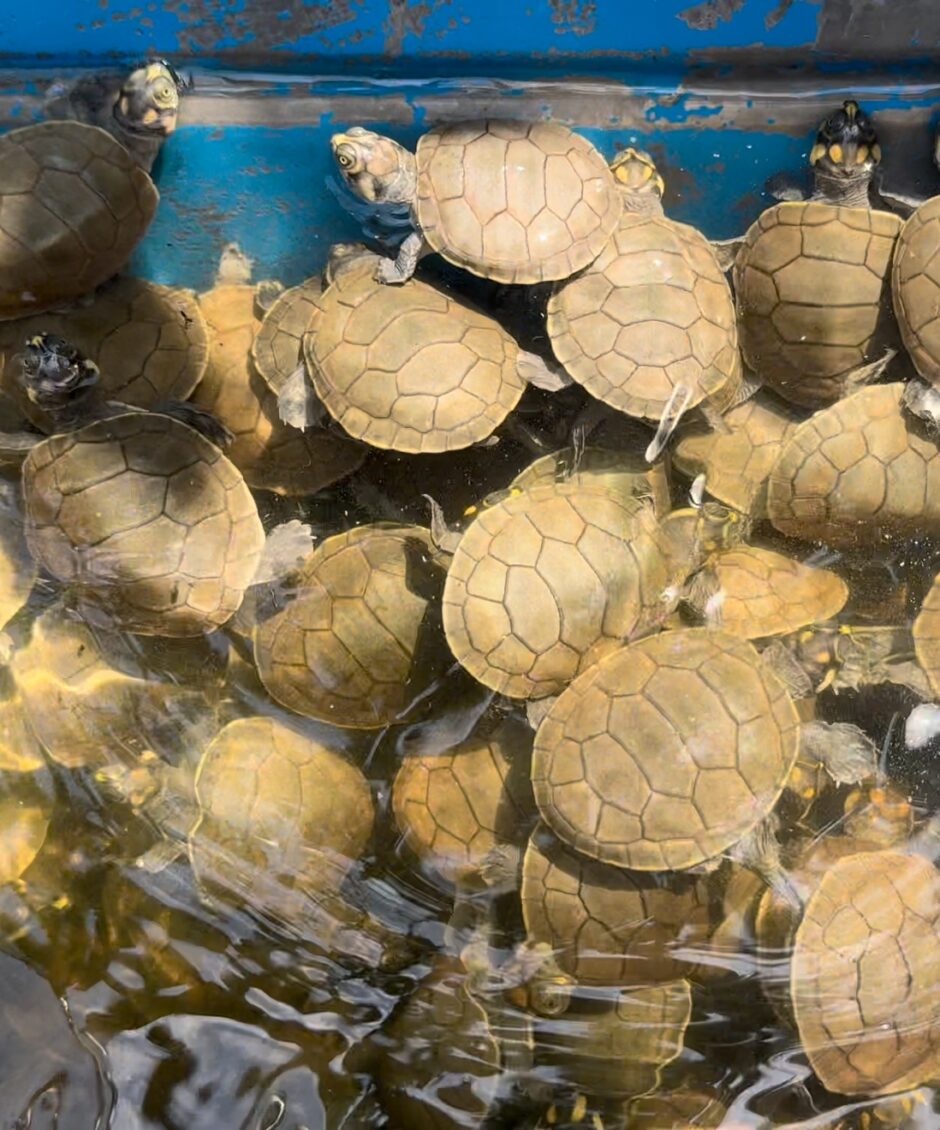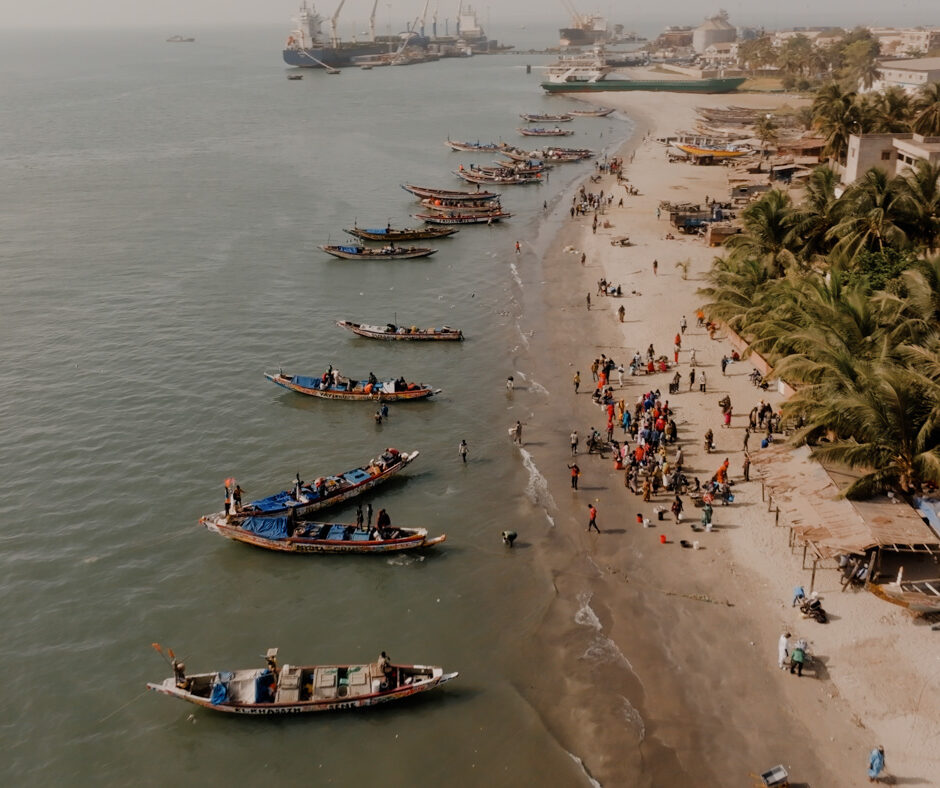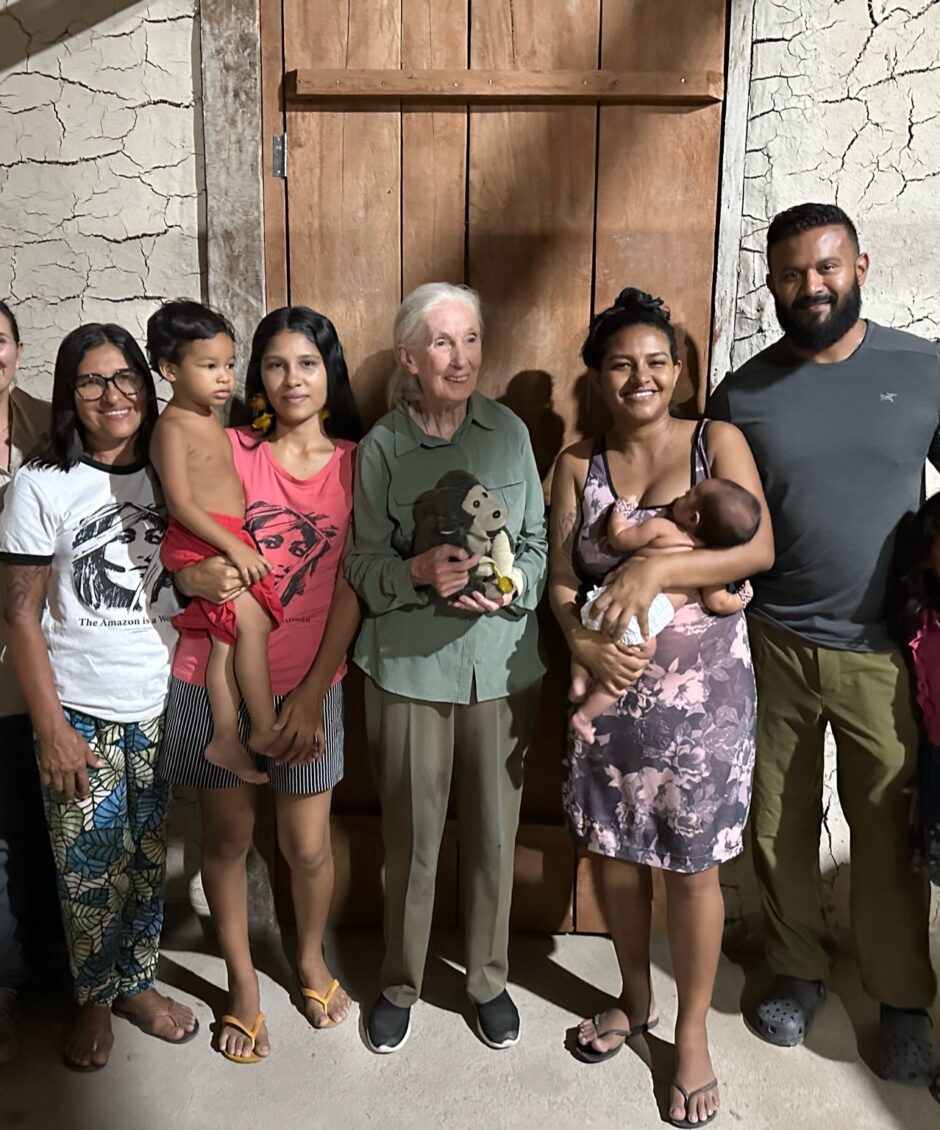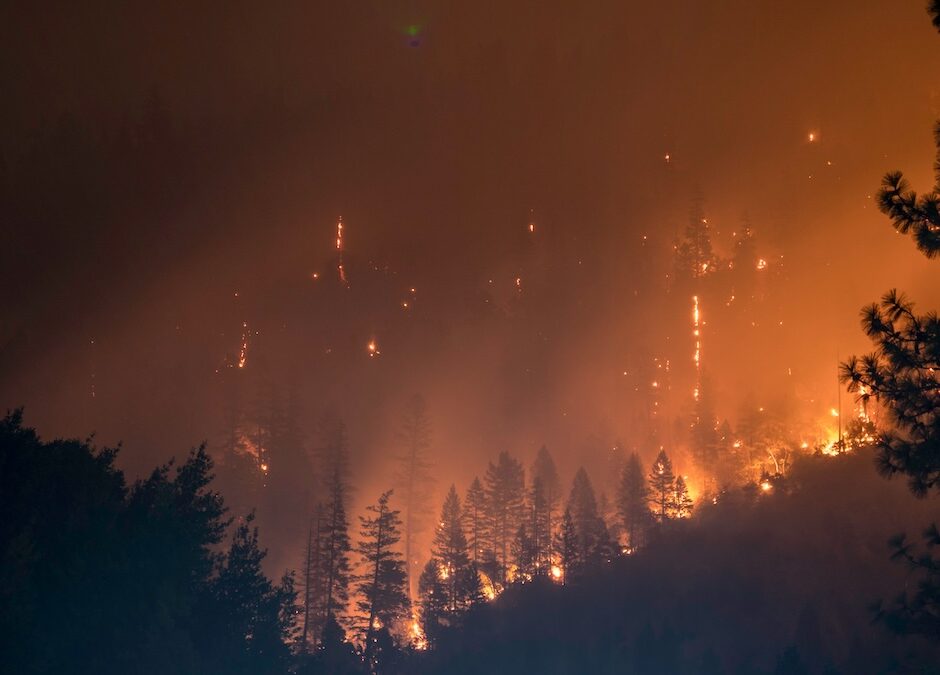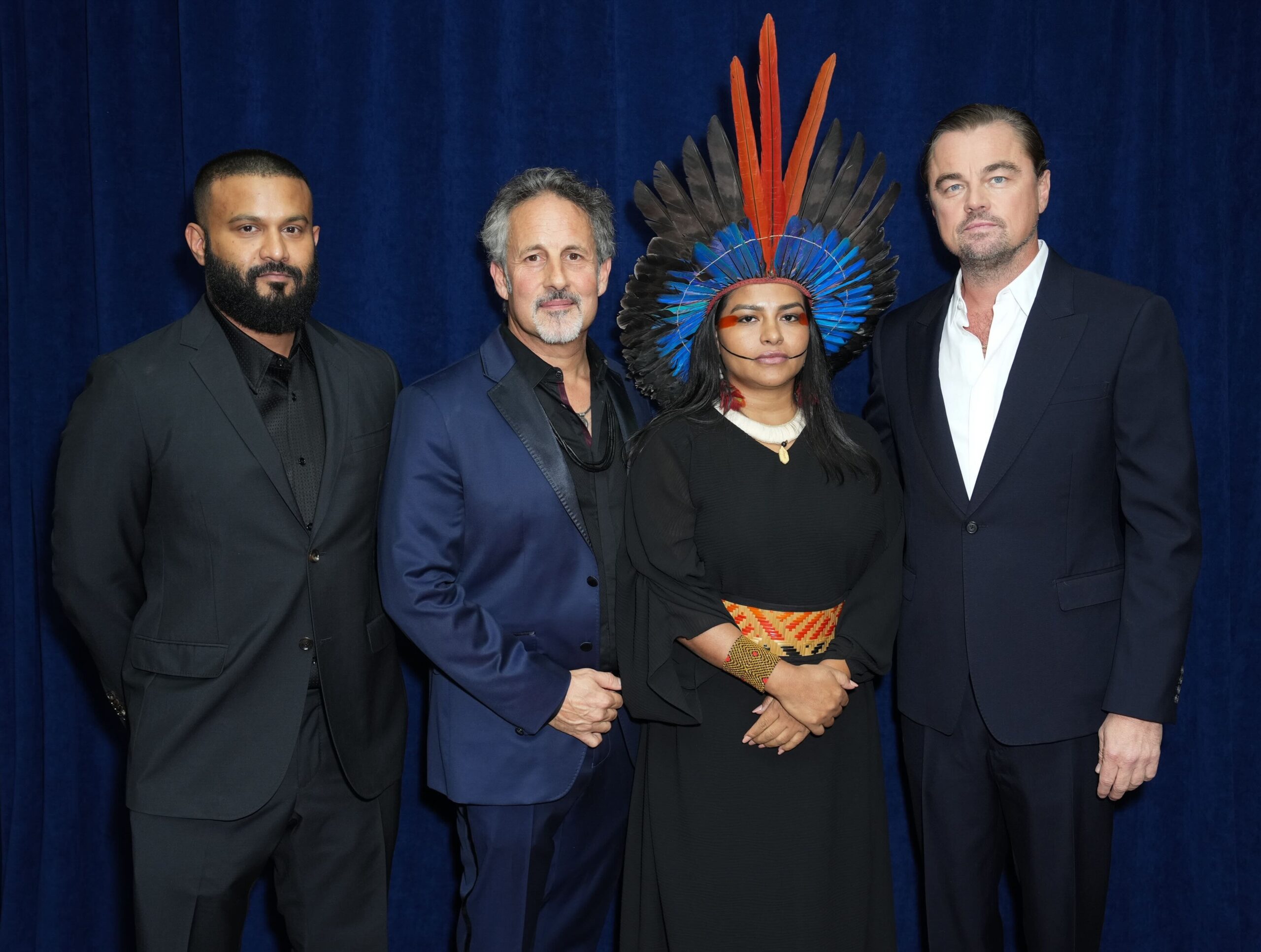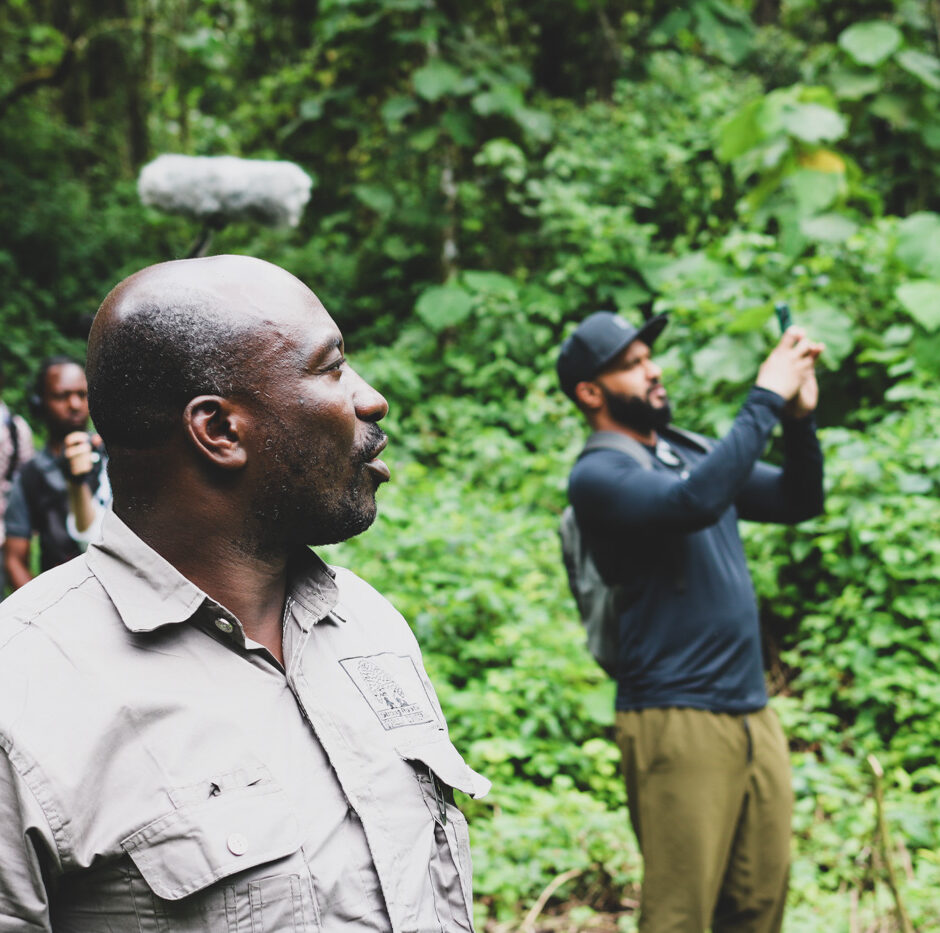In Haiti, Inclusive Leadership is Helping Communities Thrive
Article
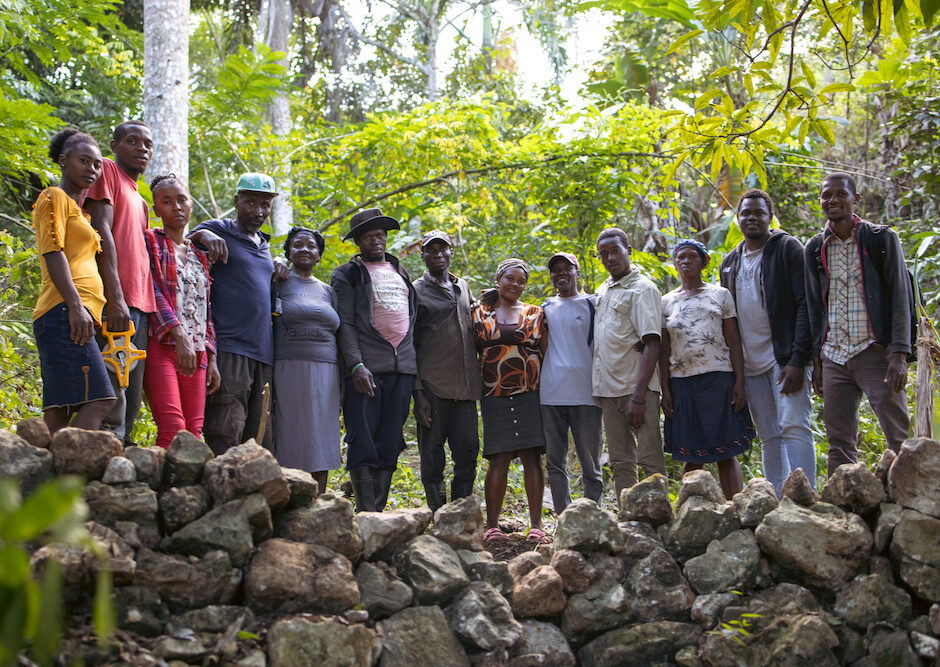
A look at how KANPE develops programs hand-in-hand with local communities, fostering the inclusion of women and youth, and ultimately strengthening climate resilience in Baille Tourible.
Author
Jacky Habib
Topics
In Haiti, Inclusive Leadership is Helping Communities Thrive
When The KANPE Foundation began working in Baille Tourible village in Haiti’s remote highlands, not all community members were engaged in its development.
“When we got there, there were two well visible men’s associations, [which were] farmers associations. There were associations of women, but they were on the side. They didn’t have any activities, they weren’t organized — no meetings, nothing,” said Fritz Louis, KANPE’s program director.
Louis, who has worked for the organization since 2011, recalls that women were often excluded from community decision-making.
“We are a country where it’s men who make decisions,” he said.
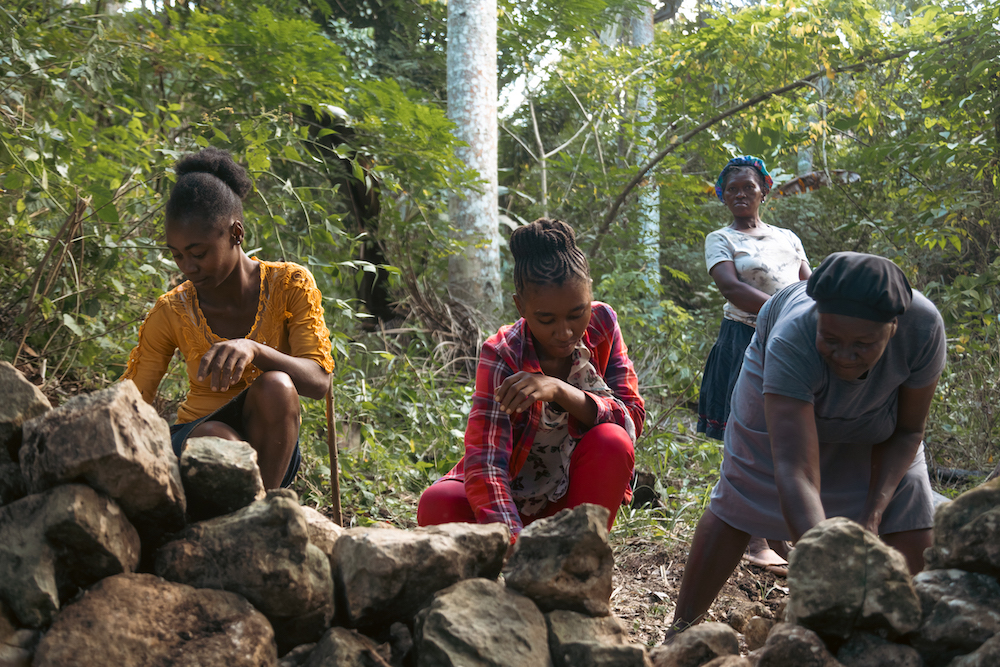
Yet KANPE knew that women’s involvement would have positive ripple effects for all.
“We are working with women’s associations because we know how … dedicated they are not only for their children or their family but also for the community,” Louis said.
According to Louis, residents of mountainous and remote communities such as Baille Tourible, located in the municipality of Thomonde, have been “abandoned.” The village is not connected to the country’s electrical grid and does not have access to running water. In addition, social challenges — from teenage pregnancy to low education levels — persist.
In recent years, climate change has only worsened living conditions in the village. Due to deforestation, springs are drying, limiting water access, and negatively impacting agricultural activities and food security. According to the UN, Haiti is one of the countries which is least responsible for climate change due to its low greenhouse gas emissions, and yet, it has been ranked as one of the top countries affected by climate-related extreme weather events.
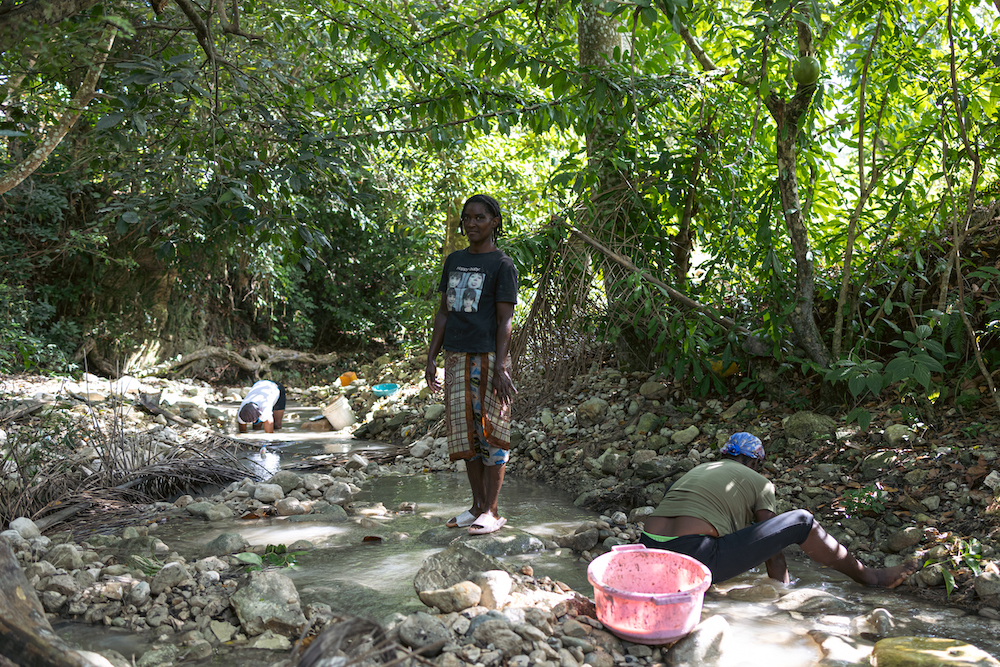
This reality makes KANPE’s vision for communities — becoming autonomous — all the more relevant.
To realize this vision, the organization supports local partners who operate projects in areas including education, health, or conservation — and engages diverse community members. In Baille Tourible, KANPE works with two men’s organizations, three women’s associations, and one young adult organization.
To support local leadership effectively, KANPE works with community associations that identify problems in their communities — such as decreased food harvest due to low-quality soil from deforestation. The groups then propose solutions to KANPE, working with the organization to develop projects. For example, to address the problem of reduced soil fertility, community groups proposed planting seedlings to support food security and strengthen climate resilience.
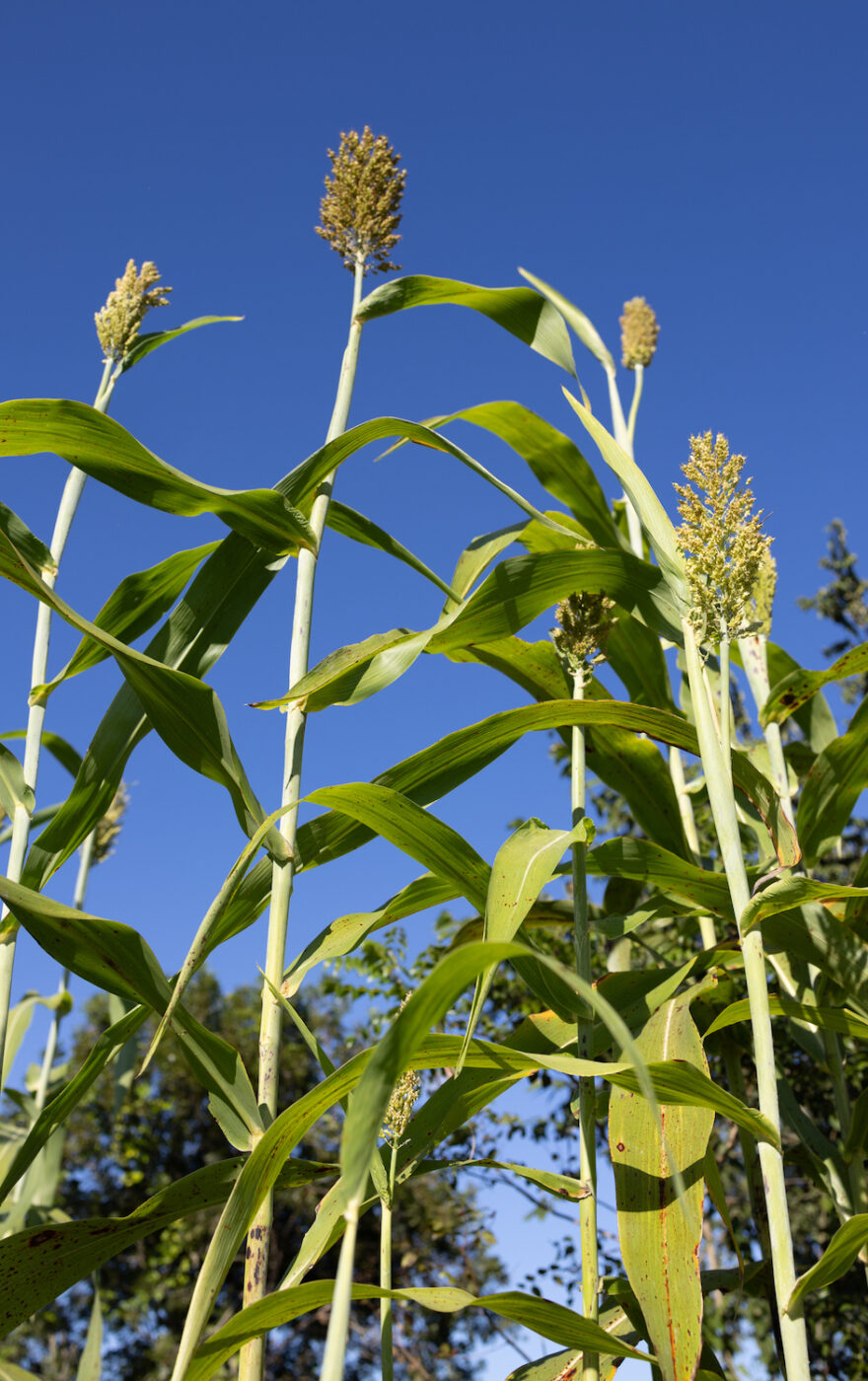
KANPE, which began a 5-year partnership with Age of Union in 2021, now supports Baille Tourible community members to actualize this vision. The partnership supports an agroforestry and reforestation initiative to plant fruit and forest seedlings and supports a farmer field school and experimental farm activities.
And KANPE is serious about working with community partners whose leadership is democratic and effective. When one association’s leaders, mostly elderly men, were reluctant to organize elections, KANPE worked to change their minds. Louis and his colleagues shared positive outcomes which could result from becoming more transparent and bringing youthful perspectives to the organization.
“Some time along the way, they [the leaders] will have to sit down and let other people govern,” Louis said. “It has been hard, but we are getting some results and now getting new people involved in the governance.
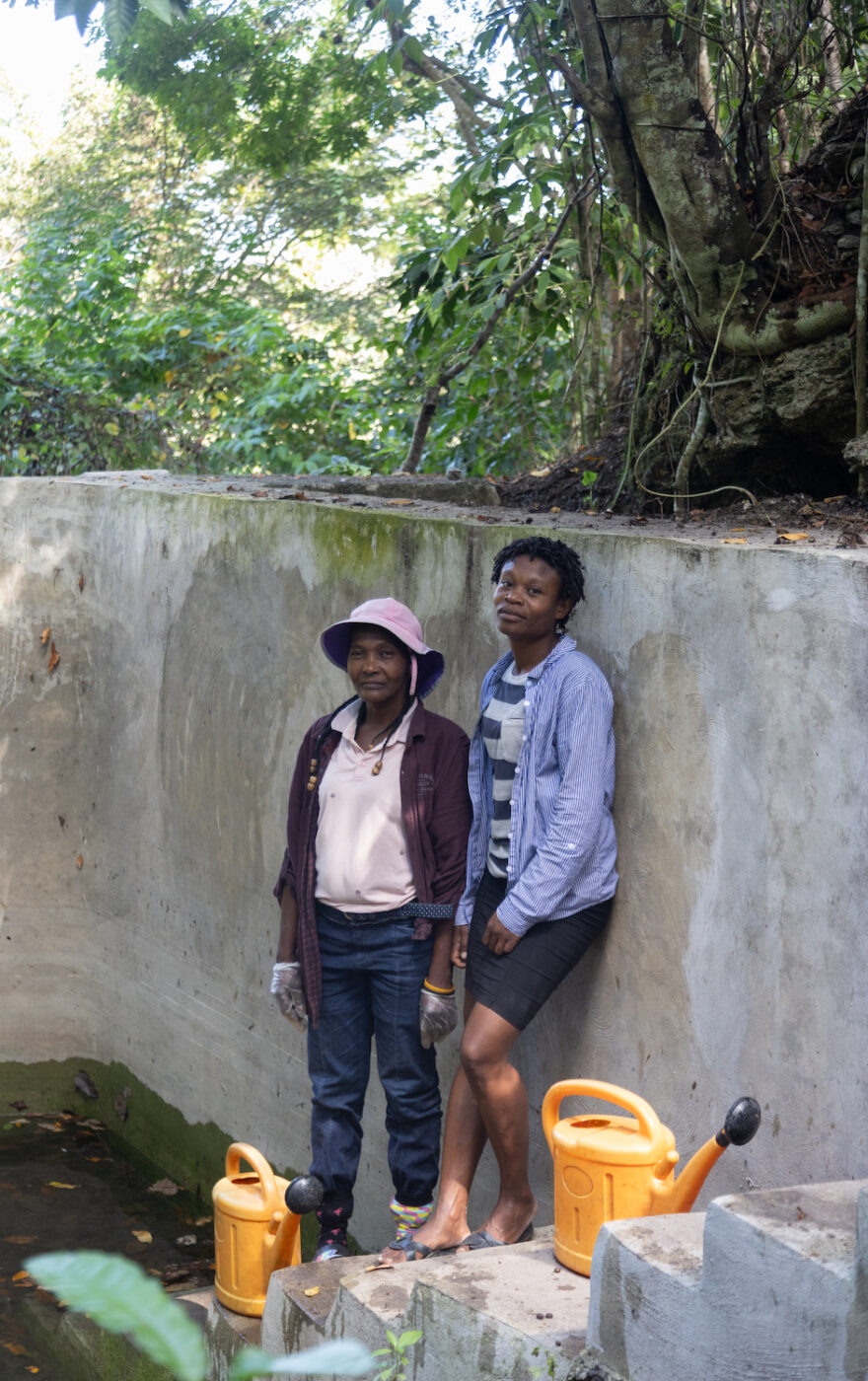
According to Louis, inclusion, a cornerstone of KANPE’s approach, helps programs become more effective. In a nearby community, he witnessed an organization implement a reforestation program where adults planted seedlings in the mornings. The program failed to engage other community members, however. As a result, children would often pluck the seedlings from the soil when walking back from school in the afternoons.
By designing inclusive programs from the start, KANPE avoids these challenges and maximizes the chances of success. This makes all the difference in strengthening climate resilience for vulnerable and neglected communities such as Baille Tourible.
Credits
Josue Azor
Topics
Article written by
Jacky Habib
Related
articles
Africa, Project
Inside the Fight to Protect Gambian Artisanal Fishermen and Biodiversity From Industrialized Fishing
News, Project, South America
Age of Union Announces USD $287,000 Commitment to The Juma Institute for New Knowledge Centre and Amazon Rainforest Protection
Project
More articles
America, Asia, News
What More Intense Wildfire Seasons Mean For People and the Planet
Film
Environmentalist and Executive Producer Dax Dasilva Celebrates World Premiere of YANUNI at the 2025 Tribeca Festival
News
Tech Entrepreneur and Environmentalist Dax Dasilva Announces New Book Echoes from Eden As A Call to Action to Protect the Planet’s Vanishing Ecosystems
Africa, Film
